Sponsored Links
Europe Forces ISPs to Act as Internet Police for Copyright Infringement
Posted: 24th May, 2011 By: MarkJ

 The European Commission (EC) has today released its new Intellectual Property Rights Strategy (IPRS), which controversially requires UK and EU broadband providers to give their "cooperation" in helping to tackle internet copyright infringement (piracy) at source.
The European Commission (EC) has today released its new Intellectual Property Rights Strategy (IPRS), which controversially requires UK and EU broadband providers to give their "cooperation" in helping to tackle internet copyright infringement (piracy) at source.However, Europe's new IPR strategy does not specify precisely what "cooperation" is supposed to mean, although many in the ISP industry suspect that it aims to support the use of website blocking (filtering) systems. These would then be used against sites that help to spread piracy (e.g. The Pirate Bay etc.).
EU IPR Strategy Quote
The Commission will identify ways to create a framework allowing, in particular, combating infringements of IPR via the internet more effectively. Any amendments should have as their objective tackling the infringements at their source and, to that end, foster cooperation of intermediaries, such as internet service providers, while being compatible with the goals of broadband policies and without prejudicing the interests of endconsumers.
The Commission will ensure that such amendments respect all fundamental rights recognised by the EU Charter of Fundamental Rights, in particular also the rights to private life, protection of personal data, freedom of expression and information and to an effective remedy.
In parallel, the Commission will continue its efforts ... to explore to what extent ... the sale of counterfeit goods over the internet can be reduced through voluntary measures, involving the stakeholders most concerned by this phenomenon (right holders, internet platforms and consumers).
The Commission will identify ways to create a framework allowing, in particular, combating infringements of IPR via the internet more effectively. Any amendments should have as their objective tackling the infringements at their source and, to that end, foster cooperation of intermediaries, such as internet service providers, while being compatible with the goals of broadband policies and without prejudicing the interests of endconsumers.
The Commission will ensure that such amendments respect all fundamental rights recognised by the EU Charter of Fundamental Rights, in particular also the rights to private life, protection of personal data, freedom of expression and information and to an effective remedy.
In parallel, the Commission will continue its efforts ... to explore to what extent ... the sale of counterfeit goods over the internet can be reduced through voluntary measures, involving the stakeholders most concerned by this phenomenon (right holders, internet platforms and consumers).
The commission intends to review the above related IPR Enforcement Directive 2004/48/EC in Spring 2012, which still leaves a window open for change. It's also interesting to note that Europe seeks to "focus on" any ISP's that "knowingly facilitate or sustain the piracy activities of others" and profit from doing so.
On the surface this sounds like a good thing as it suggests a targetted approach to removing the real perputrators of piracy. However, its meaning could also be generalised so as to include any ISP that doesn't take action to prevent access to pirated content, which is a rather more complicated issue.
An ISPA UK Spokesperson told ISPreview.co.uk:
"Whilst ISPA is unable to comment on specific details of the IPR Strategy, we are working with EuroISPA, our EU trade association, to clarify what 'cooperation' will be expected of intermediaries.
ISPA continues to advocate new innovative business models and creative licensing models to address the problem of copyright infringement rather than blocking and filtering of websites and content.
It is also important that the judiciary is involved in any process involving the blocking or filtering of websites to ensure that any process is transparent and fair."
"Whilst ISPA is unable to comment on specific details of the IPR Strategy, we are working with EuroISPA, our EU trade association, to clarify what 'cooperation' will be expected of intermediaries.
ISPA continues to advocate new innovative business models and creative licensing models to address the problem of copyright infringement rather than blocking and filtering of websites and content.
It is also important that the judiciary is involved in any process involving the blocking or filtering of websites to ensure that any process is transparent and fair."
Google's Executive Chairman, Eric Schmidt, last week joined with journalists, consumer groups and ISPs in London to voice his firms opposition to such measures: "I would be very, very careful if I were a government about arbitrarily [deploying of] simple solutions to complex problems," he warned.
It's easy to see why Schmidt has such concerns. Google's search engine automatically tracks and stores a largely unfiltered global index of websites, some of which probably help to fuel internet piracy. Knowing where to draw the line, such as when deciding which sites should get blocked, can easily become very complicated.
On top of that ISPs have no physical control to remove third party websites from the internet and there are a multitude of ways to circumvent any blocking that is imposed (VPN, Proxy Servers, Alternative DNS Servers etc.). As a result such "blocking" is not unlike trying to put the lid on a bucket full of holes.
Another challenge is with deciding which sites get blocked; any mistake could lead to legal action. One UK ISP, TalkTalk, recently demonstrated how not to do this when their new network level security service, HomeSafe, was found to block a legitimate news and information website (here).
The site's only crime was that it carried news articles about the P2P file sharing industry and as a result linked to the uTorrent and BitTorrent websites (among others), which was apparently all the reason that the ISP needed to block them. Luckily for TalkTalk the system is only offered as an optional extra, but any generally imposed state sponsored blocking would be a different ball game.
Jérémie Zimmermann, Co-Founder of Citizen Organization La Quadrature du Net, said:
"Like the United States with the PROTECT IP Act, the goal of EU authorities is to use technical means to block communications and restrict users' access in the name of enforcing an obsolete vision of copyright. Such a scheme would lead to the establishment of a censorship infrastructure by online actors, technically similar to those currently used in authoritarian states. In the process, freedom of communication, privacy as well as the right to a fair trial would inevitably be undermined."
"Like the United States with the PROTECT IP Act, the goal of EU authorities is to use technical means to block communications and restrict users' access in the name of enforcing an obsolete vision of copyright. Such a scheme would lead to the establishment of a censorship infrastructure by online actors, technically similar to those currently used in authoritarian states. In the process, freedom of communication, privacy as well as the right to a fair trial would inevitably be undermined."
Meanwhile UK ISPs and Rights Holders are working on a new Voluntary Code of Practice that would initially aim to block the 100 worst piracy facilitating websites (here). Quite understandably there are a number of stumbling areas. Aside from the issue of costs (i.e. who pays?), ISPs also want an impartial judge to asses each case and shield them from legal action.
Suffice to say that balancing freedom of speech with rules that seek to clamp down on copyright infringement is far more murky than might first appear. Europe now aims to bring the new proposals into force at "various times between 2011 and [the] end [of] 2014".
A Single Market for Intellectual Property Rights (PDF)
http://ec.europa.eu/internal_market/copyright/docs/ipr_strategy/COM_2011_287_en.pdf
Search ISP News
Search ISP Listings
Search ISP Reviews
Latest UK ISP News
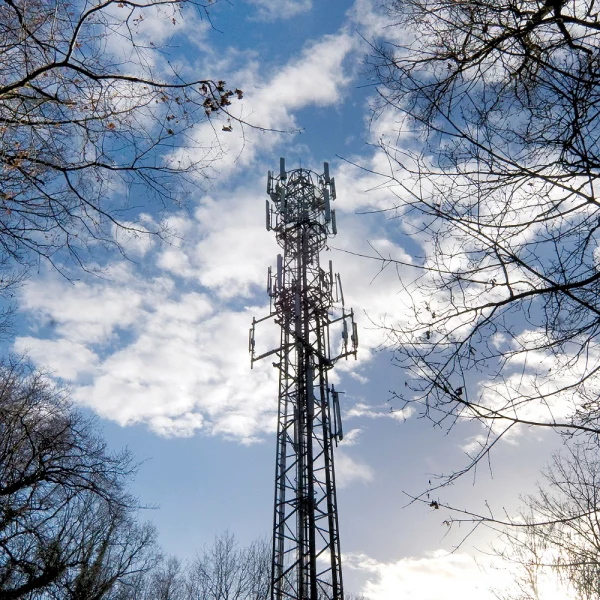
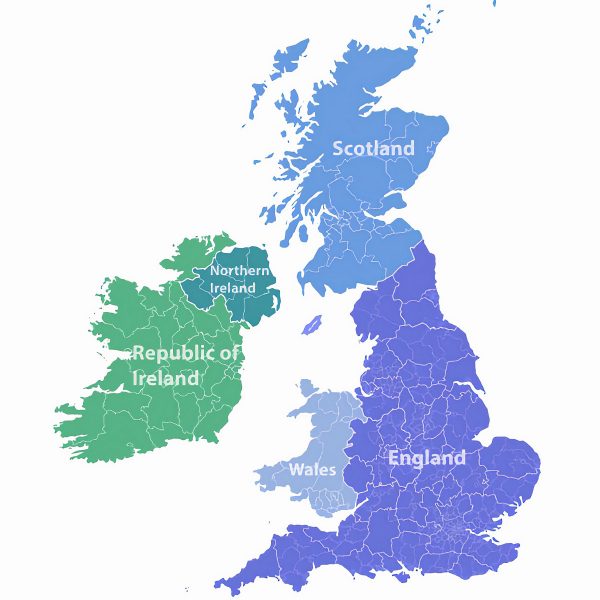
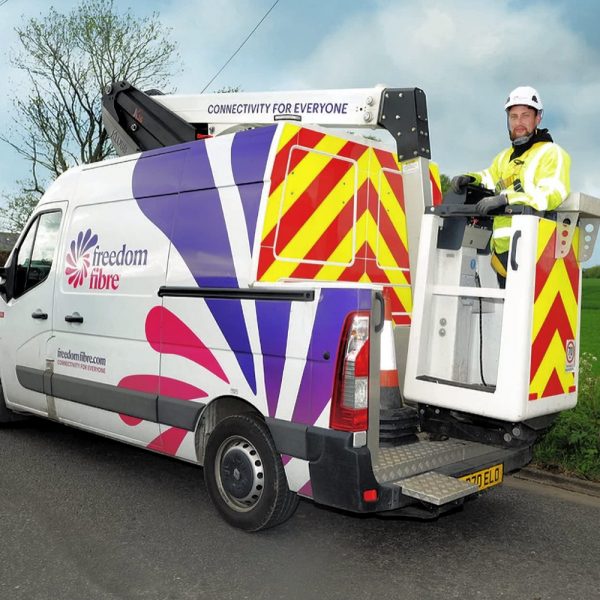
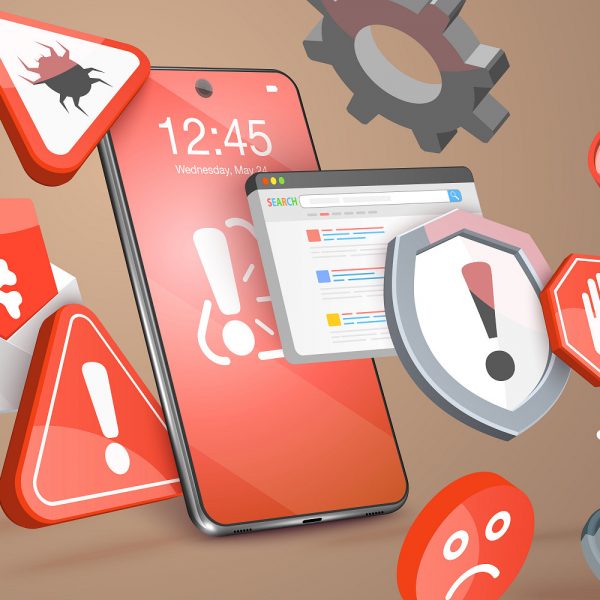


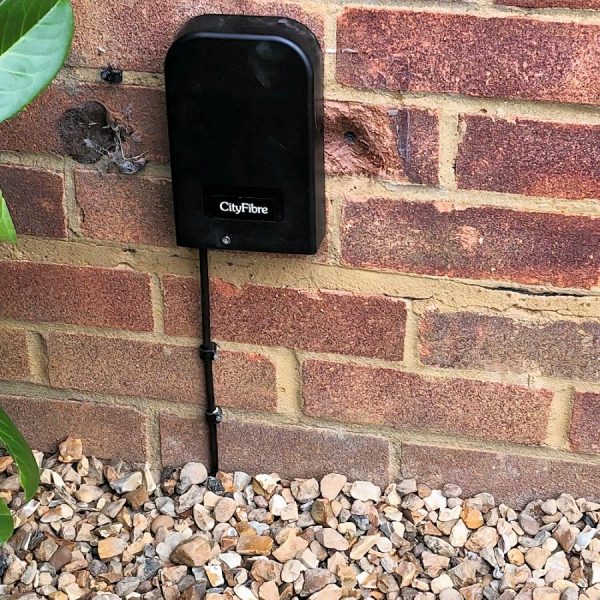
Cheap BIG ISPs for 100Mbps+
150,000+ Customers | View More ISPs
Cheapest ISPs for 100Mbps+
Modest Availability | View More ISPs
Latest UK ISP News
Helpful ISP Guides and Tips
Sponsored Links
The Top 15 Category Tags
- FTTP (5530)
- BT (3518)
- Politics (2542)
- Openreach (2298)
- Business (2266)
- Building Digital UK (2247)
- FTTC (2045)
- Mobile Broadband (1977)
- Statistics (1790)
- 4G (1668)
- Virgin Media (1621)
- Ofcom Regulation (1465)
- Fibre Optic (1396)
- Wireless Internet (1391)
- FTTH (1382)
Sponsored
Copyright © 1999 to Present - ISPreview.co.uk - All Rights Reserved - Terms , Privacy and Cookie Policy , Links , Website Rules

































